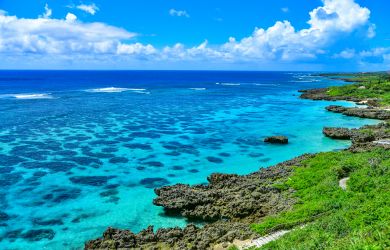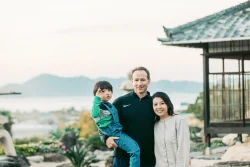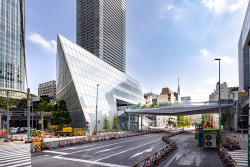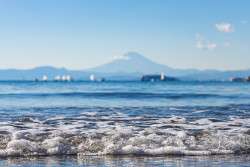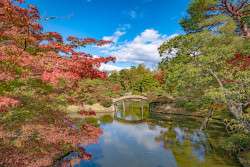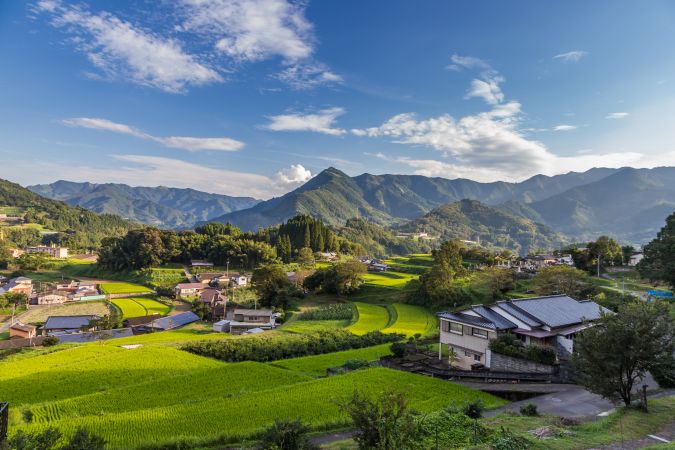
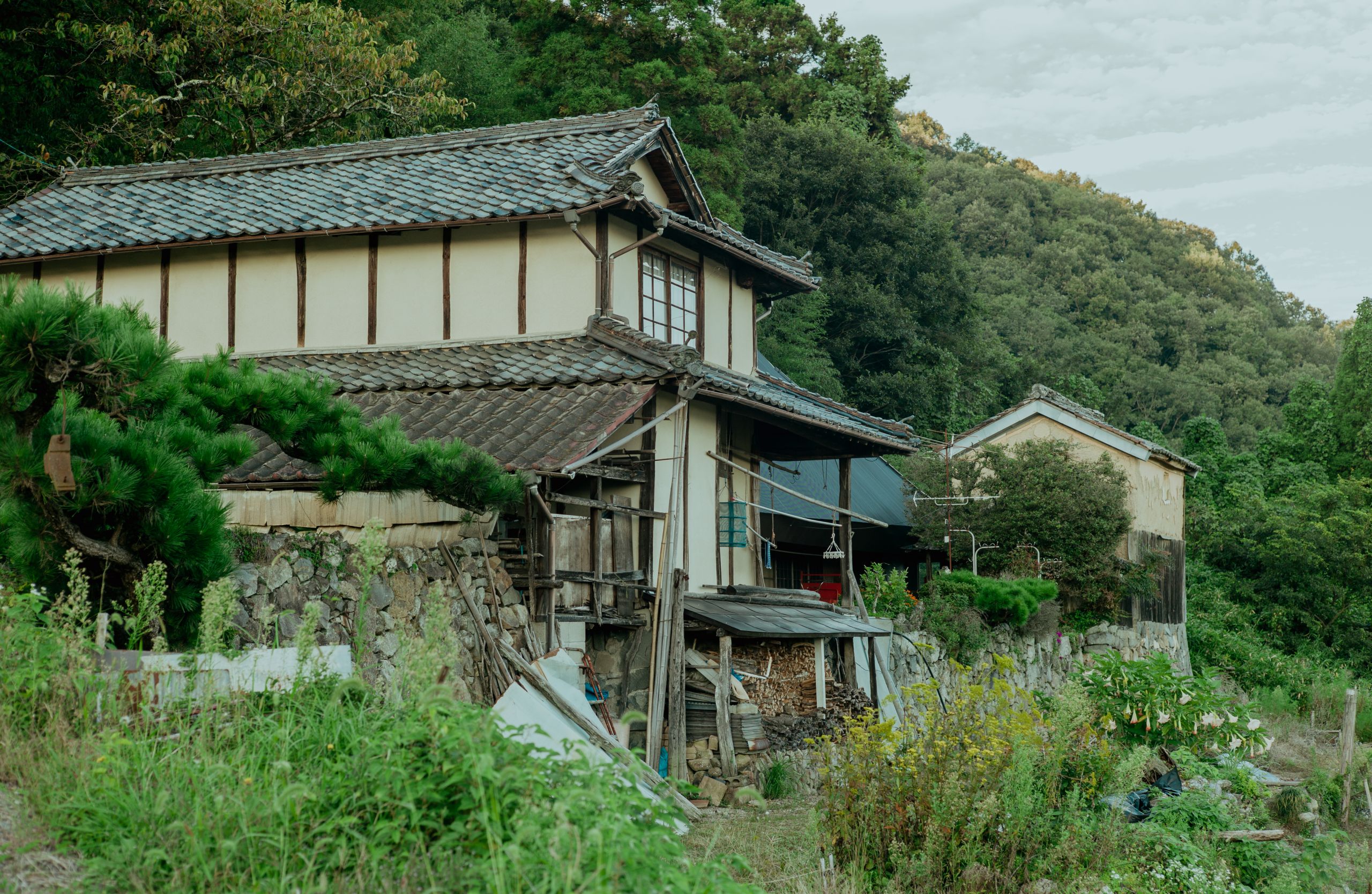
Many people who have spent time in Japan, and even those who have kept themselves informed from afar, may have heard of the concept of akiya houses. These are, as the word akiya (空き家) translates to literally, empty houses.
These houses are for sale at often ridiculously cheap price points giving us all a moment to bask in the romantic notion that we can simply buy one and disappear into the Japanese wilderness, like some plot from a Ghibli movie. But what are akiya houses like in reality and how easy is it to purchase one?
Why does Japan have so many empty houses?
Thanks to Japan’s dwindling population and the general exodus from rural towns to big cities, there are many abandoned properties popping up all over the country. A survey conducted by the Ministry of Internal Affairs and Communications in 2019 found that roughly 13.6% of homes in Japan were vacant, and this rose to up to 20% in some prefectures with these numbers only set to grow.
This isn’t the only reason why a home may be abandoned though; if a tragic event occurred in the house such as a murder or suicide, it may put off many prospective buyers, especially Japanese buyers who can be superstitious and believe that residing in such a house will bring about bad luck. Often, such homes are placed into an akiya bank registry which is organized by the local government in an attempt to promote them and find them new owners, like an adoption shelter for dogs… but houses instead.
Much like adopting a dog from a shelter, akiya houses can also come with a range of underlying issues compared to buying something a little more shiny and new. Dreams of owning your very own Japanese home should be tempered with the knowledge that it may require a fair amount of work.
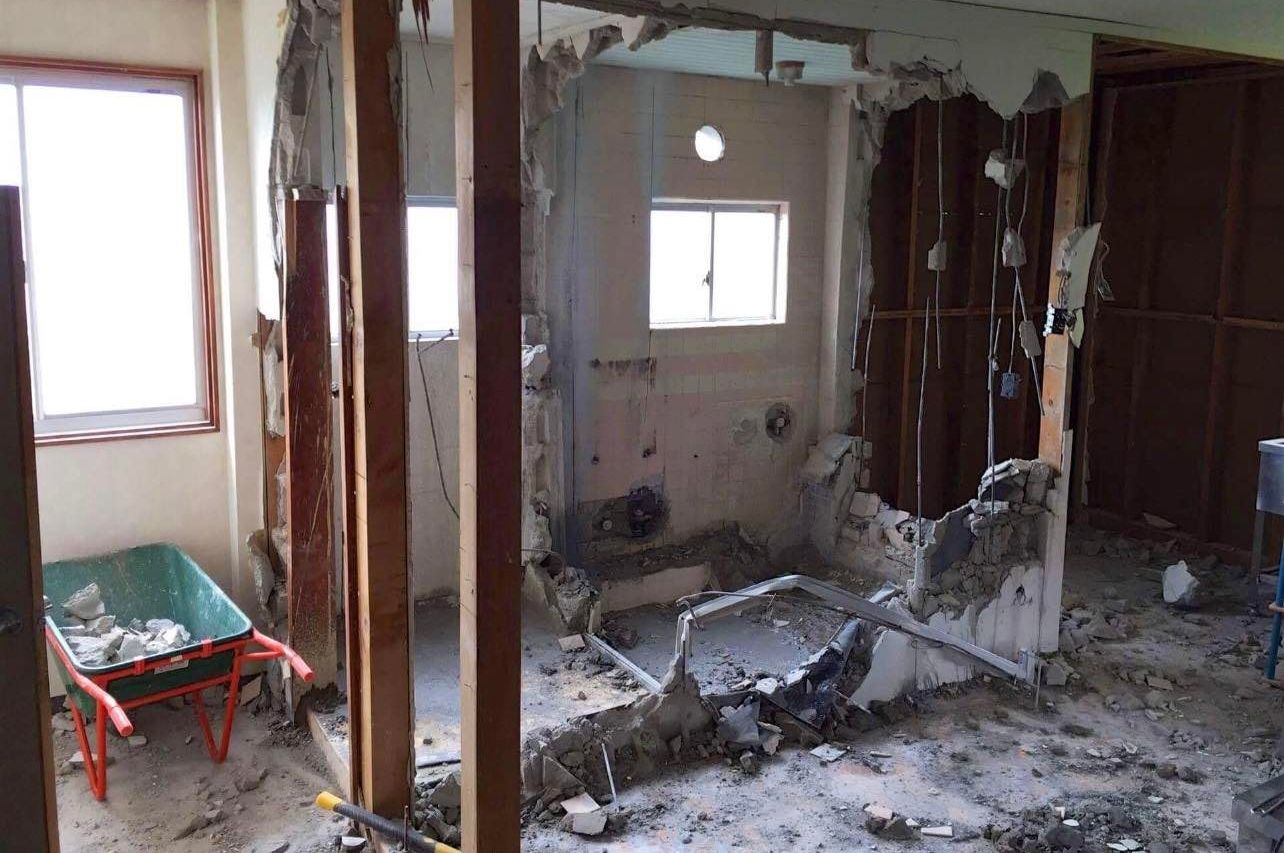
What are the upsides of buying such a property?
If you are willing to pay a little more, and are prepared to put in the work, there are many upsides to buying an akiya house. One such individual who has educated themselves on the highs and lows of acquiring and maintaining such a property is Michael who launched the website, cheaphousesjapan.com. Michael made his own house purchase some time ago and, based on his experience with the process, set up his website, and now hugely popular instagram account, to inform and assist others who may want to do the same. He highlights properties mainly available through real estate agencies but also akiya banks.
Having already lived in Japan for some time, Michael had seen plenty of these cheap properties around, telling us “I remember visiting rural areas and seeing these beautiful old houses for sale for USD $20,000 or $30,000. I kept thinking: ‘Why are these houses so cheap?’ ‘Why is no one buying them?’ and ‘Can I buy one as a foreigner?’” It wasn’t until he actually left Japan that he seriously considered the idea, “A few years later, when my career took off and I could finally afford it, I bought a modest house to use as a vacation home. I felt it was a pretty good deal considering the condition of the house (basically move-in ready) and the location: about a 20 minute walk to the nearest train station, and an hour by train to an international airport.”
He paid $36,000 for the house and a further $5000 on renovations (many properties are often in need of some level of renovation), stating “In terms of value for money, it’s been an incredible deal. I’ve spent weeks and sometimes months at a time there, and even got ‘stuck’ at the house for the first nine months of the pandemic.” Like Michael, people often buy these properties as second homes, somewhere for them to come when they visit Japan for extended periods, or even a getaway from cities like Tokyo or Osaka.
Now, of course the dream of doing exactly what Michael did is an enthralling one, and more and more foreigners have become interested in the prospect, but he tells us that international residents only make up a small percentage of those who actually buy these properties. “To give you an idea, I have about 250,000 followers on instagram, and I get hundreds of DMs and emails every week. I’ve only heard from maybe 10 people who have actually bought homes in Japan in the last two years.”
One such person who has found herself actually going through with the idea was Jamie McConville who, having moved to Japan in 2017, bought an akiya home near Shimoda, Shizuoka. She paid just 1.5 million yen at a convenience store during a lunch break. Her house needed very little work, but there were considerations such as strong wifi so she could work from home and purchasing a car specifically to get to and from the house and the local train station.
Though she tries to spend a few weeks there each month, she also plans to try to earn money from it by renting it out on AirBnB. In this way, you can earn income from these types of properties but this can also come with its own difficulties.
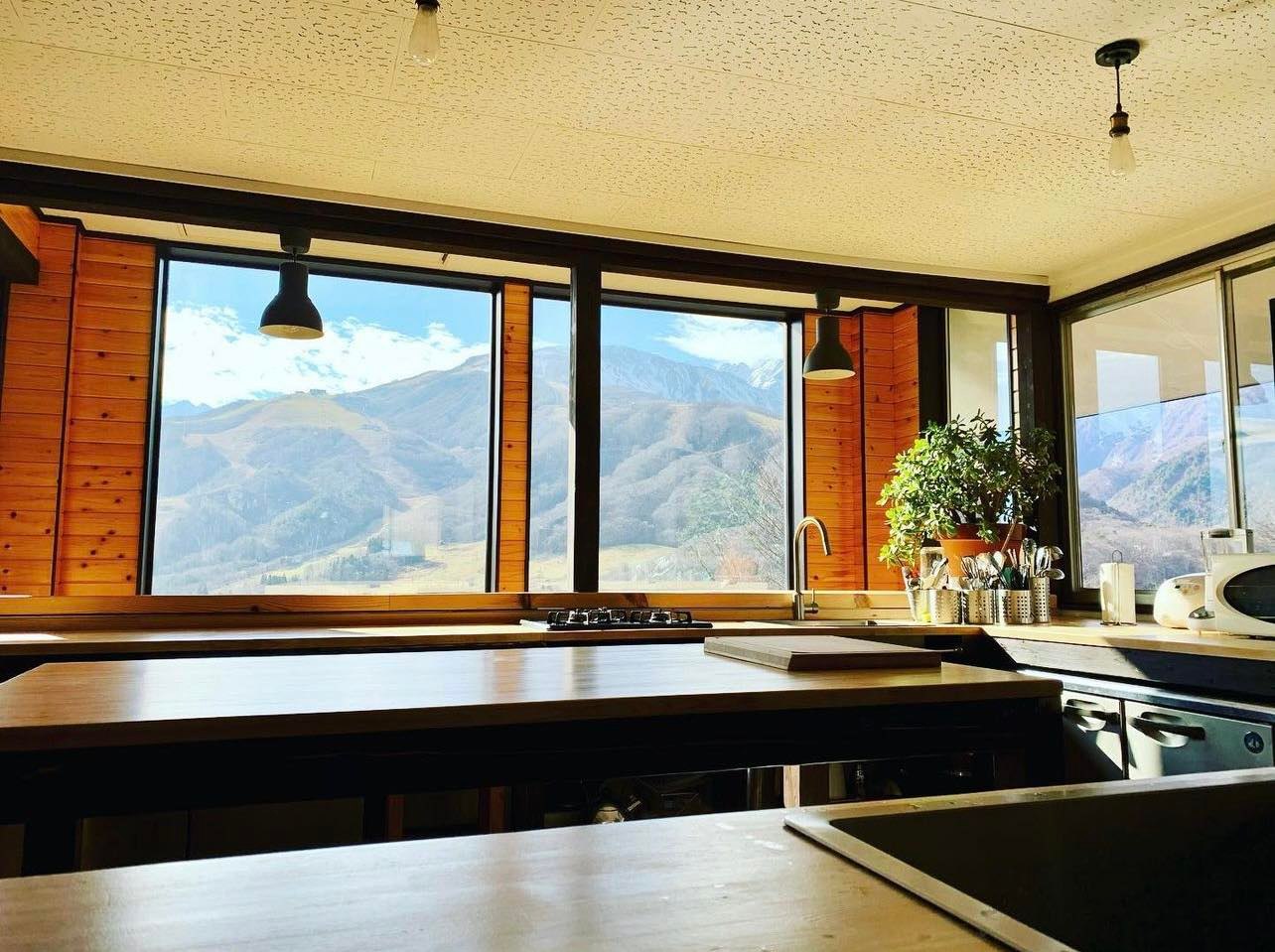
Can I make money off of an Akiya bank House?
Michael warns foreigners not to see akiya homes as an easy investment, but adds there are ways to monetize them if you know how, “There are certainly companies and individuals operating in this area. For example, renovating and flipping houses, or starting businesses such as guest houses, cafes or rental properties.”
The idea of just buying a cute minka in the countryside and turning it into an AirBnB is tempting, but it adds new layers of difficulty and bureaucracy to boot. Michael says, “I do also get people messaging me to ask about buying a super cheap countryside akiya and turning it into an AirBnB, but the reality is that it’s not nearly as easy as it sounds.” Japan recently introduced the Minpaku law in 2018 which restricts how many days a year you can rent out your home this way.
If you are serious about turning these properties into a business, it is possible, but don’t see it as a get-rich-quick scheme. Russell Buxton is the owner of three lodges situated in and around Hakuba Valley, Nagano. Having spent some time in the ski resort region, he decided to purchase an akiya lodge on the hills and renovate it. It wasn’t until people came to visit and said that he could actually charge more money that he started taking things seriously, telling us, “I was like, Oh my God, if you guys like this, then, you know, I can throw some money at it and actually do some work and make it really cool. That’s kind of just how it sort of started.”
In order to turn this into a successful business, though, there were, as Michael explains, “Lots of legal and registration hoops to jump through.” Buxton had to turn his lodges into a business, and get them licensed. He had also picked an area that has a high volume of tourists, especially during the ski season which is where he makes the majority of his profit, enough at least to see him through the off seasons.
He had to register his properties and hire someone to make the necessary changes to the house in order to turn it into a commercial building, such as ensuring it was up to health and safety standards, “You have to put up the regulatory smoke detectors, they all talk to each other, they’re pretty intense.” The house is then inspected, even the fire department comes to check it out. Buxton found a local man to help with this whole procedure which made it all a lot smoother, “He knows just what to do. I just pay him and he does it all.”
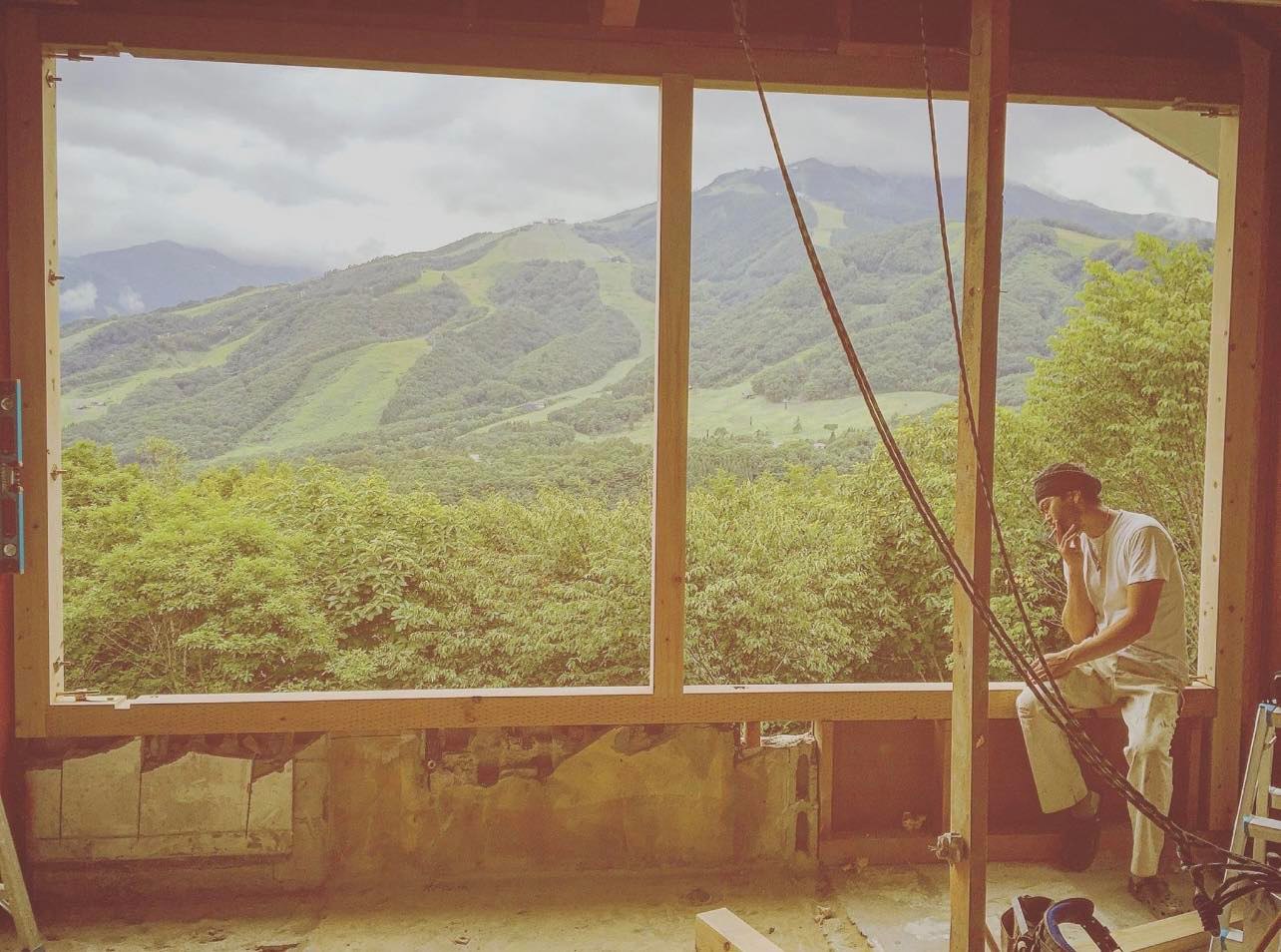
Is the process foreigner friendly?
Akiya properties are available to buy even if you aren’t a Japanese citizen, you don’t even need to hold a Japanese visa to buy one, but it can be a little trickier to navigate. It is almost impossible to get a mortgage here unless you have a Japanese partner or spouse to take it on. In most cases, it is best to just pay the money up front.
When going through all this, it is best to work with a realtor and Michael has made it simpler to find them on his site, telling us “The buying process itself hasn’t really changed, there are still the same challenges. But, if anything, it’s become easier because there are now companies offering services in English that weren’t there before.” However, just because it is becoming easier it still isn’t something to be done on a whim.
Whilst talking about the kinds of people that may benefit the most from this type of purchase, Michael explains “The main interest I see is from people who have lived in Japan or who visit the country regularly and want to buy a house for personal use. This is my target audience: foreigners who love Japan and want to own a little piece of the place they call their second home.”
He adds that of all the thousands of people that visit his Instagram and website, the ones that truly go through with it are those “with a strong connection to the country,” adding, “There are more than 8 million empty houses in Japan, and the problem is only getting worse with the declining population. There are opportunities for both locals and foreigners alike to save some of these houses and work to revitalize these areas.”
So if you feel that this description fits you, and you’re not scared off by the work and bureaucracy you may face, then this could be your chance to get out of the rental game here, or create a place where you can relax away from the bustle of the city, or even have a second home for your many visits to the country. This intriguing opportunity could be just the ticket, as long as you go into it with a little foresight and a can-do attitude.
